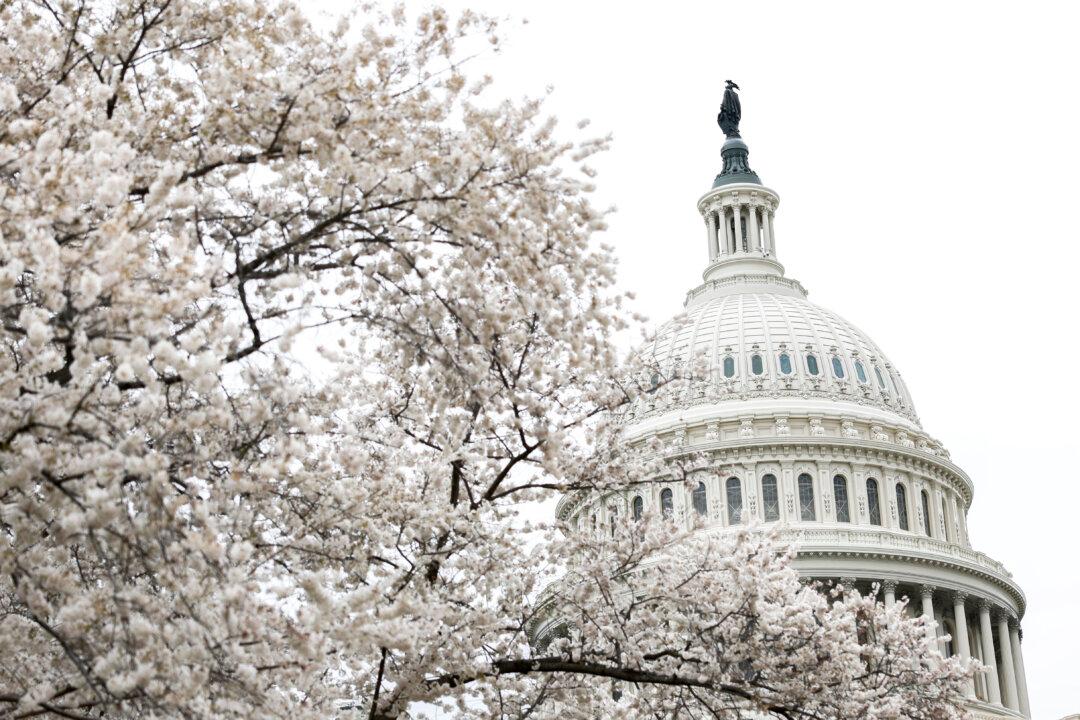The House of Representatives’ Office of Diversity and Inclusion (ODI) was disbanded on March 22 due to the spending bill that was enacted last week.
The $1.2 trillion bill to fund the remaining 70 percent of the government, which included funding the legislative branch, mandated the closure of the office, which was founded in March 2020, when Democrats controlled the House.





